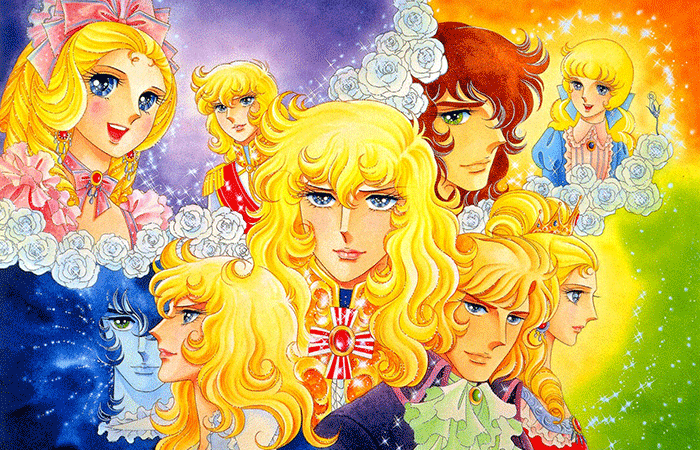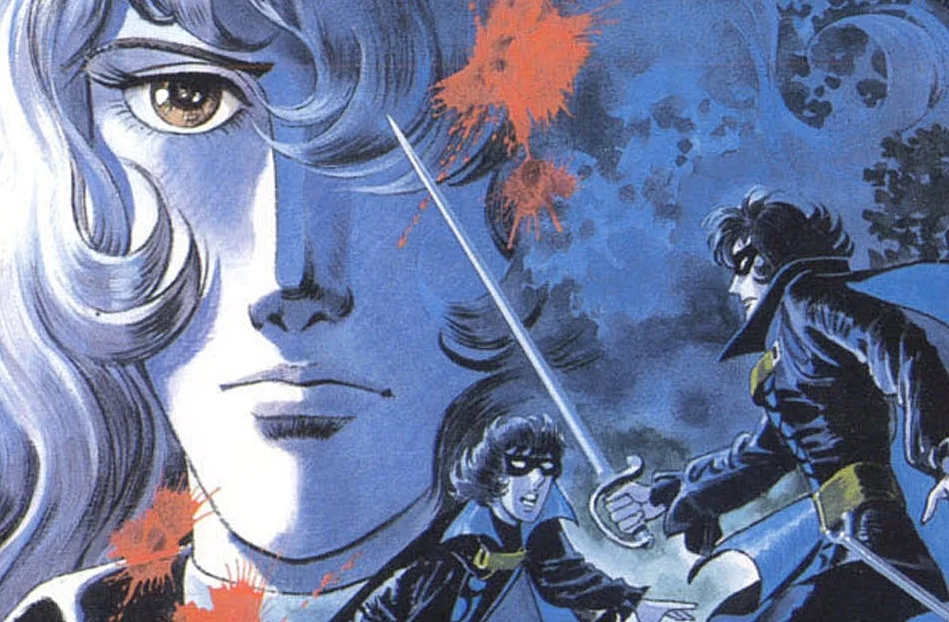This The Rose of Versailles review explores how Riyoko Ikeda’s masterpiece reshaped shoujo manga with the unforgettable Lady Oscar. From the opulent halls of Versailles to the heart wrenching struggles of love, duty, and revolution, this classic blends historical drama with deeply personal storytelling.
With its lush artwork, strong characters, and timeless themes, The Rose of Versailles remains a must read for both new manga fans and long time collectors. Available now on ComicK, it’s a journey into history and humanity you won’t forget.
First Impressions: Discovering a Classic on ComicK
The first time I opened The Rose of Versailles on ComicK, I didn’t expect to be pulled so deeply into its world. There’s something enchanting about reading a manga that feels larger than life, yet so intimately human. The moment Lady Oscar appears on the page, bold and androgynously beautiful, you realize this isn’t just another historical drama it’s a story that dares to break molds.

Unlike many titles that take a few chapters to warm up, The Rose of Versailles grips you instantly with its sweeping visuals of Versailles and its cast of characters caught between glittering luxury and suffocating rules. Reading it feels like being invited into a grand stage play, where every expression, every panel, is alive with tension. It’s one of those rare manga where you don’t just follow the story you live in it.
And while it’s a product of 1970s shoujo manga, the artwork and narrative energy feel timeless. In fact, that’s what makes its rediscovery today so magical: it speaks just as strongly to readers now as it did nearly fifty years ago.
Lady Oscar: A Heroine Unlike Any Other
What truly sets this story apart is Oscar Francois de Jarjayes better known simply as Lady Oscar. Raised as a man to inherit her father’s military position, Oscar is a paradox in motion: she embodies strength, loyalty, and courage, yet her humanity and vulnerability shine through every page.
Her presence challenges the stereotypes of her time, both in the manga’s setting and in the history of shoujo itself. She’s neither the typical romantic heroine nor the distant, untouchable figure. Instead, she feels real conflicted, passionate, sometimes torn between love and duty. That complexity is what makes her unforgettable.
Reading Oscar’s journey, I found myself thinking about how rare it is to see such a layered character in manga, even today. She isn’t perfect, but that’s precisely why she resonates. Oscar reminds us that strength isn’t about being flawless; it’s about being brave enough to face the impossible choices life throws at you.
Marie Antoinette: Innocence in a Ruthless Court
While Oscar is the beating heart of this manga, Marie Antoinette provides its soul. Introduced as a young princess thrust into the unforgiving world of Versailles, her innocence and sweetness clash against the harsh realities of political games and power struggles.
Watching her grow from a naïve teenager dazzled by wealth to a queen burdened by expectation is both heartbreaking and fascinating. Through Antoinette’s eyes, we glimpse the cost of power and the loneliness that comes with being constantly scrutinized.
For me, what struck hardest was how human Antoinette feels here. She isn’t just the doomed historical figure we’ve read about in textbooks; she’s a girl trying to find her place, trying to balance kindness with survival in a world designed to consume her.
Themes That Still Resonate Today
What makes The Rose of Versailles so enduring is not just its historical backdrop, but the universal themes it carries. Identity, freedom, loyalty, and the tension between personal happiness and duty are struggles as relevant now as they were in 18th century France.
Lady Oscar’s journey of self discovery resonates with anyone who’s ever questioned their role in the world. Marie Antoinette’s longing for genuine connection feels painfully relatable in an age of appearances and performance. Even the scheming courtiers reflect the timeless truth that ambition often comes at the expense of others.
As I turned each page, I couldn’t help but feel these struggles echoing in my own life. That’s the power of this manga it doesn’t just recount history, it reflects our humanity back at us.

Art and Storytelling: A Shoujo Revolution
Visually, The Rose of Versailles is nothing short of stunning. Riyoko Ikeda’s lush artwork those flowing hair strands, expressive eyes, and elaborate costumes creates an atmosphere that’s as dramatic as the story itself. Every panel feels carefully crafted, almost cinematic in scope.
But beyond its beauty, the storytelling itself marked a revolution in shoujo manga. Instead of focusing solely on lighthearted romance, Ikeda infused her tale with politics, tragedy, and questions of identity. That daring shift broadened what shoujo could be, paving the way for countless manga creators who followed.
Even now, decades later, the manga doesn’t feel dated. Its art style might be classic, but its emotional depth and dramatic flair remain unmatched. It’s a reminder that true artistry never fades.
Why You Should Read It Now
So why should a modern reader pick up The Rose of Versailles? Simply put: because it’s more than history, more than romance, more than shoujo. It’s a story that captures the complexity of being human in all its beauty and tragedy.
Reading it on ComicK felt like discovering a hidden treasure a work that is both a time capsule of 1970s manga and a timeless exploration of love, courage, and destiny. Few stories manage to feel this relevant across generations, but this one does.
If you’ve ever wanted a manga that blends elegance with emotional intensity, that makes you laugh, ache, and reflect all at once, then The Rose of Versailles belongs on your reading list. Trust me, it’s a journey you won’t regret.
Read more:
- Review I Love You So Much, I Hate You: Forbidden Office Love
- Review Chainsaw Man: Blood, Dreams, and Devil Hunting
